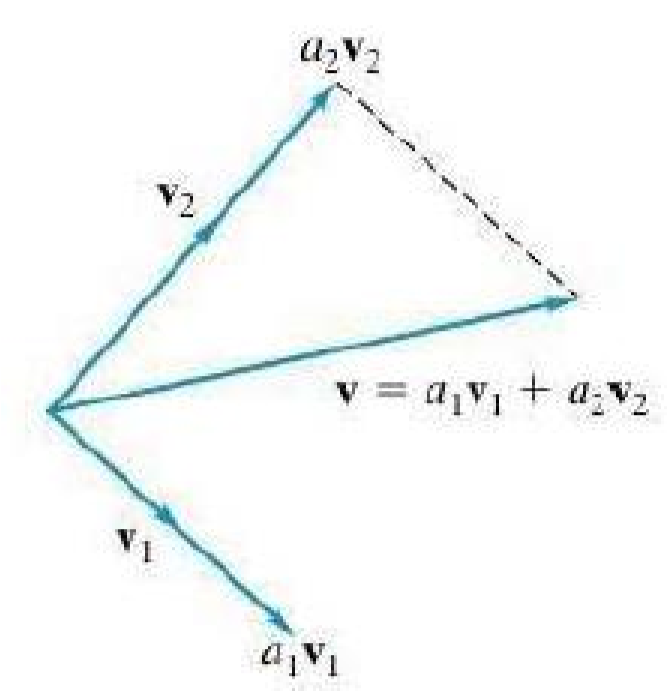
Introduction
In mathematics, particularly in linear algebra and functional analysis, the concepts of inner product and inner product space play a crucial role in generalizing geometric ideas like length, angle, and orthogonality to more abstract settings. These concepts are foundational in fields such as physics, computer science, and machine learning. Let’s break them down.
What is an Inner Product?
An inner product is a mathematical operation that takes two vectors and returns a scalar. It generalizes the dot product, which you might already be familiar with from Euclidean space. Formally, an inner product on a vector space V over a field R (real numbers) or C (complex numbers) is a function:
Formally, an inner product on a vector space
over a field
(usually
or
) is a function:
and scalar
:that satisfies the following properties for all vectors
and scalar
:that satisfies the following properties for all vectors
and scalar
:
that satisfies the following properties for all vectors
and scalar
:
-
Conjugate Symmetry:
⟨ u , v ⟩ = ⟨ v , u ⟩ ‾ (For real vector spaces, this simplifies to
⟨ u , v ⟩ = ⟨ v , u ⟩ \langle u, v \rangle = \langle v, u \rangle -
Linearity in the First Argument:
⟨ c u + w , v ⟩ = c ⟨ u , v ⟩ + ⟨ w , v ⟩ -
Positivity:
⟨ v , v ⟩ ≥ 0 with equality if and only if
v = 0
Inner Product Space
An inner product space is a vector space equipped with an inner product that allows measuring angles and lengths. Formally, a vector space
over
or
is an inner product space if it has an inner product
satisfying the properties above.
Properties Derived from Inner Products:
- Norm (Length of a Vector):
∥ v ∥ = ⟨ v , v ⟩ \| v \| = \sqrt{\langle v, v \rangle} cos θ = ⟨ u , v ⟩ ∥ u ∥ ∥ v ∥ \cos \theta = \frac{\langle u, v \rangle}{\| u \| \| v \|}
- Angle Between Vectors:
cos θ = ⟨ u , v ⟩ ∥ u ∥ ∥ v ∥
- Orthogonality:
Two vectors
u u and
v v are orthogonal if
⟨ u , v ⟩ = 0 \langle u, v \rangle = 0 .
Inner product spaces generalize Euclidean geometry and play a fundamental role in functional analysis, quantum mechanics, and machine learning.
Applications of Inner Product Spaces
Geometry and Physics: Inner product spaces are used to define lengths, angles, and projections in higher-dimensional spaces. In physics, they are essential in quantum mechanics, where the inner product represents probability amplitudes.
Machine Learning: In machine learning, inner products are used in kernel methods to measure similarity between data points in high-dimensional spaces.
Signal Processing: Inner products are used to analyze signals and define concepts like energy and correlation.
Functional Analysis: Inner product spaces provide the foundation for studying operators and solving differential equations.